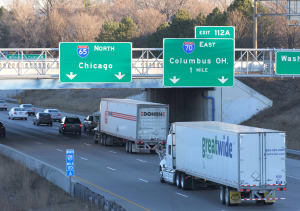
Bill requiring IEDC to disclose large land purchases moves forward
Bill author Sen. Brian Buchanan, a Republican from Lebanon, said the legislation is intended to “streamline the process of economic development in Indiana by making sure all stakeholders are involved.”














